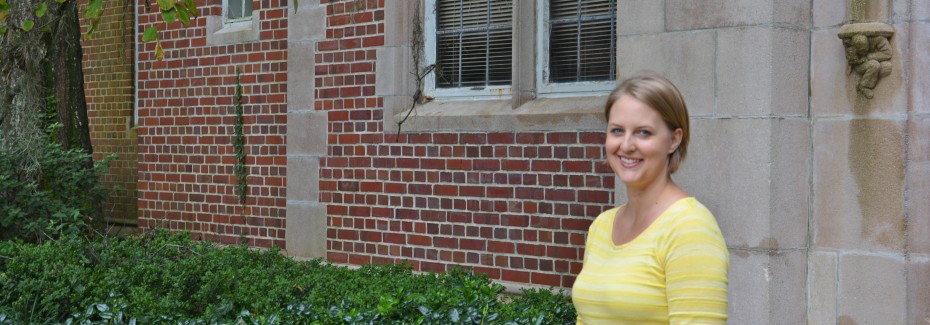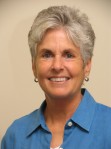Posts
https://education.ufl.edu/news/files/2020/11/A-to-Z_Homepage-Story_2020Kids-2-Landscape.jpg
2048
3370
kaylasharp
https://education.ufl.edu/news/files/2019/07/News-1-300x65.png
kaylasharp2020-11-13 13:54:362020-11-14 13:54:17Making Early Childhood Research Accessible
https://education.ufl.edu/news/files/2013/10/BISHOP-Crystal-featured_0312-copy.jpeg
355
960
https://education.ufl.edu/news/files/2019/07/News-1-300x65.png
2013-10-03 17:18:342013-10-04 08:56:50PhD candidate in elite company after winning national honor for aiding exceptional children
https://education.ufl.edu/news/files/2011/09/Spec.-Ed-IES-grant-faculty-8-11-005.jpg
2848
4288
https://education.ufl.edu/news/files/2019/07/News-1-300x65.png
2011-06-29 09:22:132016-05-09 16:01:44Researchers awarded $5.5M in grants to help teachers reduce disruptive classroom behavior
https://education.ufl.edu/news/files/2019/07/News-1-300x65.png
0
0
https://education.ufl.edu/news/files/2019/07/News-1-300x65.png
2010-12-09 10:38:402011-10-13 12:19:48UF Today magazine: Pat Snyder (early childhood studies)
Scroll to top








